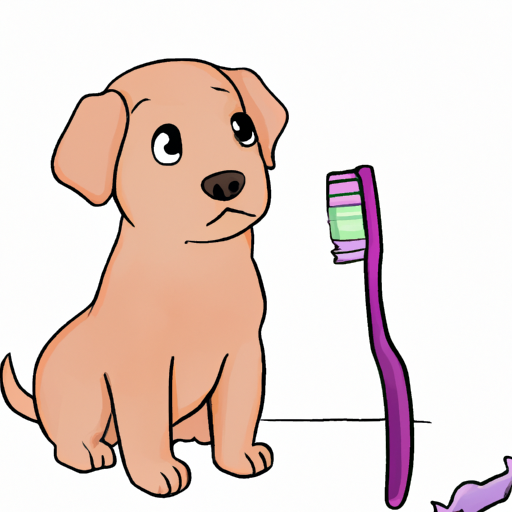If you’re a caregiver for a little furball, you might have noticed some tiny teeth scattered around your home. But don’t be alarmed, this is perfectly normal. Just like human infants, puppies also lose their milk teeth. Here’s everything you need to know about this process.
Understanding a Puppy’s Dental Development
Puppies are not born with teeth. Their baby teeth, also known as deciduous teeth, start appearing when they are about two to four weeks old. They have a total of 28 baby teeth, which is considerably less than the 42 teeth adult dogs have.
Table: Puppy’s Teeth Development
| Age | Dental Development |
|---|---|
| Birth | Toothless |
| 2 to 4 weeks | Baby teeth start to appear |
| 8 to 12 weeks | Most baby teeth are in |
| 3 to 6 months | Baby teeth start to fall out |
| 6 to 7 months | Most permanent teeth are in |
| By 8 months | All permanent teeth are in |
When Do Puppies Start Losing Their Teeth?
As a rule of thumb, puppies start losing their baby teeth around three to four months of age. This is just a rough guide and it can vary between breeds and individual puppies.
The Process of Losing and Growing Teeth
The process of losing baby teeth and growing adult teeth is called “teething”. It starts with the incisors, the small teeth at the front of the mouth, then moves to the canines and premolars. The molars, the large teeth at the back of the mouth, are the last to come in.
- Incisors (3-4 months)
- Canines (4-5 months)
- Premolars (4-6 months)
- Molars (5-7 months)
Signs Your Puppy Is Teething
Teething can be a stressful time for your puppy. Here are some signs that your puppy may be teething:
- Increased chewing
- Drooling
- Missing teeth
- Red, inflamed gums
- Changes in appetite or behavior
How to Help Your Teething Puppy
As a caregiver, there are several ways you can help ease your puppy’s discomfort during this time.
- Provide Chewing Toys: Chewing can help alleviate the pain. Make sure the toys are safe and appropriate for your puppy’s age and size.
- Frozen Treats: Cold can help numb the gums and reduce inflammation. Try freezing a wet washcloth for your puppy to chew on.
- Puppy-Proof Your Home: Make sure there’s nothing dangerous or valuable that your teething puppy could chew on.
When to Consult a Vet
Sometimes, a baby tooth doesn’t fall out and the adult tooth comes in beside it. This is called retained deciduous teeth and can cause problems like crowding and misalignment. If you notice this condition, or if your puppy seems to be in excessive pain, consult your vet.
Frequently Asked Questions (FAQ)
Q: Do puppies swallow their baby teeth?
A: Yes, it’s common for puppies to swallow their baby teeth, especially since they often lose their teeth during meals. Don’t worry, it’s usually harmless.
Q: How long does the teething process last?
A: Teething generally lasts from three to seven months, but it can vary between breeds and individual puppies.
Q: Can teething cause my puppy to be aggressive?
A: Teething can be uncomfortable and cause your puppy to be a bit grumpy. However, it should not cause serious aggression. If you notice a major behavior change, consult your vet.
Remember, as a caregiver, your role during your puppy’s teething process is crucial. With patience, love, and care, you can help your furry friend navigate this stage with ease.



